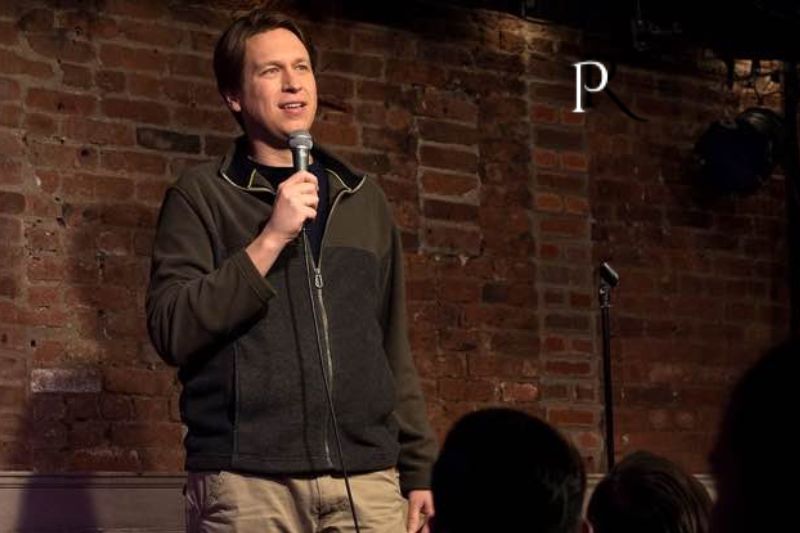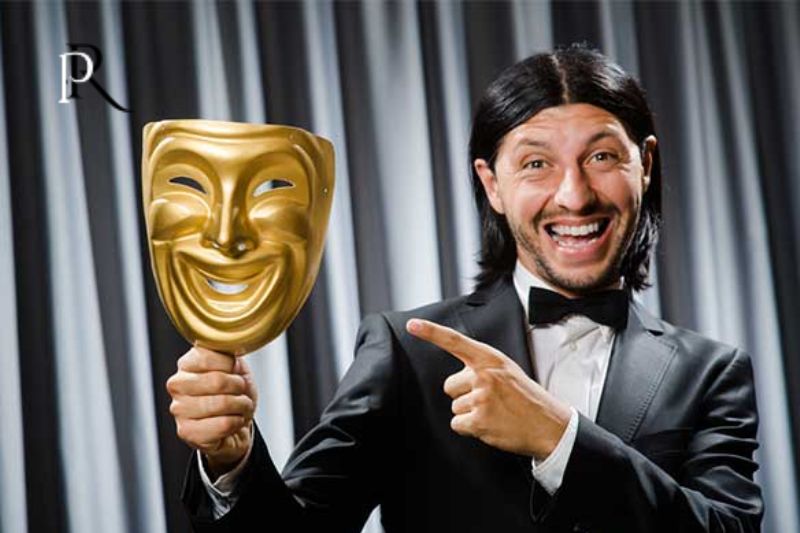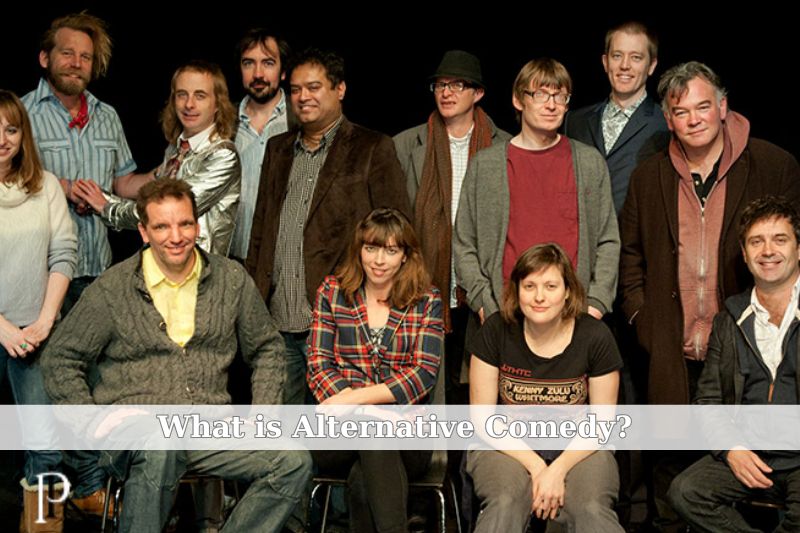Hey there, comedy aficionados! Have you ever wondered what makes alternative comedy so, well, alternative? In a world saturated with predictable punchlines and recycled jokes, alternative comedy stands out as the rebellious, free-spirited sibling of the comedy universe.
In this blog, Rachelparris will discuss what is Alternative Comedy, elements, features, and much more.
Contents
What is The Definition of Alternative Comedy?

Alternative comedy, a term coined in the 1980s, is a unique genre of humor that consciously deviates from the mainstream comedic style of its era.
This form of comedy originated in the United Kingdom as a reaction against the conventional stand-up comedy prevalent in working men’s clubs, which often featured unoriginal gags laced with elements of sexism and racism.
Alternative comedy sought to provide a fresh perspective, steering clear of such stereotypes and instead focusing on smart, thought-provoking humor.
Alternative Comedy Overview

Types
Alternative comedy can take various forms, including plays, movies, and stand-up performances. It is characterized by its intelligent humor, with comedians like Maron and Garofalo being notable figures in this genre.
The content of alternative comedy can range from taboo and dark themes to geek culture and other unconventional topics. However, it consciously avoids racial, scatological, stereotype, and other mainstream humor.
Elements
Picture this: intelligent humor, a touch of left-wing anti-establishment vibes, and a good sprinkle of triumph over adversity. That’s what you can expect from alternative comedy.
It’s like the cool kid in the comedy block, choosing to focus on sharp, thought-provoking humor that doesn’t shy away from addressing the real stuff.
Features
One of the key features of alternative comedy is its avoidance of reliance on a standardized structure of a sequence of jokes with punch lines. Instead, it explores different types of material, often breaking away from the conventional joke-telling format.
For instance, some alternative comedians use unusual presentation styles such as music, PowerPoint presentations, or acting out sketches.
Others may focus on character-based humor or surreal humor, as opposed to observations of everyday life or polemical themes.
Examples
A prime example of alternative comedy is the Comedy Store club in London, which opened in 1979. This club was instrumental in shaping the alternative comedy scene, providing a platform for comedians to perform stand-up that was neither racist nor sexist.
The Comedy Store club was a stark contrast to the traditional comedians who often relied on jokes targeting women and minorities. This shift led to what Arthur Smith described as comedy’s version of punk.
Alternative comedy also has a strong presence in stand-up comedy. Comedians like Marc Maron and Janeane Garofalo are known for their smart comedy, while others like Demetri Martin and Slovin and Allen have gained recognition for their unique presentation styles.
Alternative comedy venues, such as the Upright Citizens Brigade Theatre (UCB), Magnet Theater, and The Creek and The Cave in New York City, provide platforms for these comedians to experiment and showcase their creativity.
In South Africa, alternative comedy tends to avoid racial or stereotype-based humor, focusing instead on taboo, dark, non sequitur, geek, and various other topics.
Comedians like Mel Miller, who was considered inappropriate or radical during the Apartheid era, are seen as pioneers of the alternative genre in the country.
How Alternative Comedy Differs from Mainstream Comedy

Audience Appeal: Mainstream comedy aims for wide, mass-market appeal, whereas alternative comedy often seeks to attract niche or specialized audiences.
Content and Themes: Mainstream comedy typically revolves around universally relatable themes and avoids controversial or sensitive topics. Alternative comedy, on the other hand, often embraces unconventional, contentious, or taboo subjects.
Style and Delivery: Mainstream comedy tends to follow traditional comedic conventions and classic joke structures. Alternative comedy is more experimental, often breaking away from the setup-punchline format and exploring different ways of delivering humor.
Compliance vs Rebellion: Mainstream comedy generally complies with societal norms and expectations, while alternative comedy can be seen as a form of rebellion against these norms, offering commentary or critique on societal conventions.
Predictability vs Unpredictability: Due to its adherence to established conventions, mainstream comedy can often be predictable. In contrast, the experimental nature of alternative comedy makes it more unpredictable and surprising.
FAQs about Alternative Comedy

How does alternative comedy differ from traditional comedy?
Unlike traditional comedy, which often relies on common gags and can sometimes contain elements of sexism and racism, alternative comedy is typically more original and avoids such controversial topics.
It also tends to explore different types of material and doesn’t rely on pre-set expectations about the audience or vice versa.
Who are some notable alternative comedians?
Notable alternative comedians include Tony Allen, Alexei Sayle, Mark Steel, Dan Harmon, Dave Gorman, Linda Smith, Jeremy Hardy, Ron Sparks, Alan Davies, Ben Elton, and Jo Brand
Where did alternative comedy originate?
The term alternative comedy was first coined in the 1980s, and the genre is commonly associated with the opening of the Comedy Store club in London in 1979. However, it has since spread globally, with prominent scenes in cities like New York and Los Angeles.
What are some characteristics of alternative comedy?
Alternative comedy often includes taboo subjects, incongruence, juxtaposition, and wordplay. It may also feature character-based humor, surreal humor, or unusual presentation styles, such as music, PowerPoint presentations, or sketches.
How has alternative comedy evolved over time?
Alternative comedy has evolved alongside changes in mainstream comedy. As mainstream comedy shifts, so too does what is considered alternative. This genre continues to push boundaries and explore new forms of comedic expression.
Conclusion
In a world where laughter often treads a fine line between being genuinely funny and offensively crass, alternative comedy serves as a refreshing oasis.
With its commitment to intelligent, boundary-pushing humor and its resolute avoidance of harmful stereotypes, alternative comedy continues to captivate audiences with its bold take on the human experience.
So, whether it’s in the underground comedy clubs of London, the theaters of New York City, or the vibrant scenes of South Africa, one thing remains clear: alternative comedy is here to stay, challenging our perspectives and tickling our funny bones in the most unexpected ways.
Eager for more comic indulgence? The list below is brimming with options.

